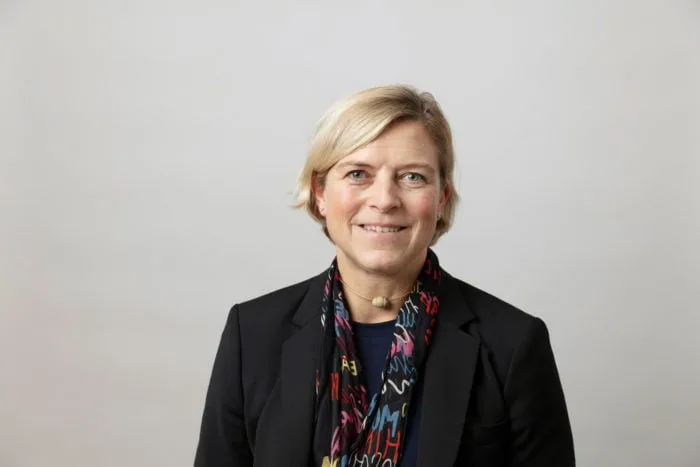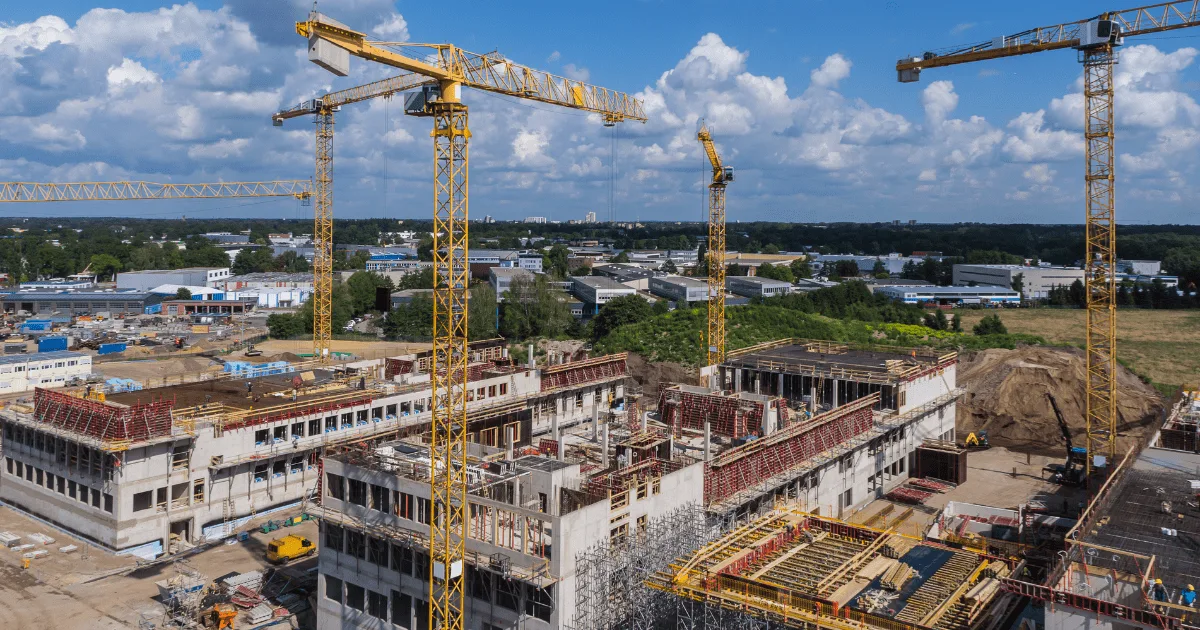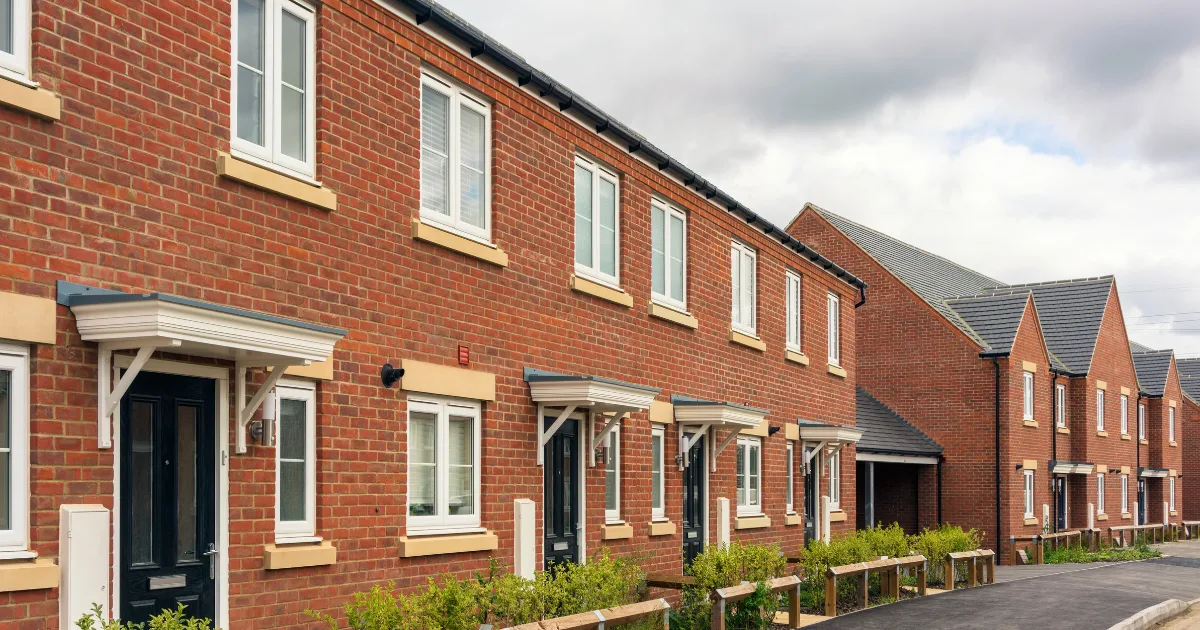Valuable critical materials for food and innovation
“Our ambition is to be a sustainable minerals company that contributes to attaining global environmental targets. To live up to that, among other things, we have to develop flows for secondary material. That is to say, we have to make use of everything we dig out of the ground,” says Ulrika Håkansson, technical business developer at the Special Products Division.
Critical Raw Materials
The project has excellent potential. It is estimated that LKAB could account for up to two per cent of world production of rare earth metals. And also, could meet Sweden’s annual demand for monoammonium phosphate (MAP), a mineral fertiliser, five times over. Both products are defined in the EU as critical raw materials, taking into account economic significance and supply.
Sustainable phosphorus production
“Here, we should consider two aspects. First and foremost, resource efficiency; we must utilise what we remove from the Earth. Additionally, we must see great value in these products, both the rare earth metals and the phosphorus we extract from apatite,” explains Ulrika Håkansson.
Above all, phosphorus is vital for agriculture. There is currently only one supplier of phosphorus within the EU. Imports from Morocco and Kazakhstan cover the remaining European demand.
“We produce a high-grade phosphorus product that is free of impurities. That we produce a product of such high quality is, of course, very good in terms of both sustainability and sales,” adds Ulrika Håkansson.
Waste turns into valuable products
Another advantage for LKAB with this project is that there is no need to start a new mine from the ground up. We extracted the material already with our iron ore production, so no further investment in mining it, specifically, is necessary.
Many electronic components in devices that we use every day and are important for a modern society have rare earth metals or rare earth elements in their design. However, currently, no one produces these precious earth metals in Europe.
In China, they produce 95% of these elements, which makes us almost wholly dependent on imports. Consequently, we can realise significant advantages from our own, Swedish, production, not least concerning environment and energy.
Important development projects
However, this will demand innovative new technology. “This is something all of our major development projects, for example, ReeMAP, HYBRIT and SUM, have in common.
For ReeMAP in particular, this is a matter of completely new technology for large-scale industrial applications,” explains Ulrika Håkansson. “It is important to remember that this entails risks. We don’t know if we are going to reach our objective, but we are willing to dare to take the necessary steps and try. We are doing this because we want to broaden and strengthen LKAB while at the same time contributing to sustainable development.”





